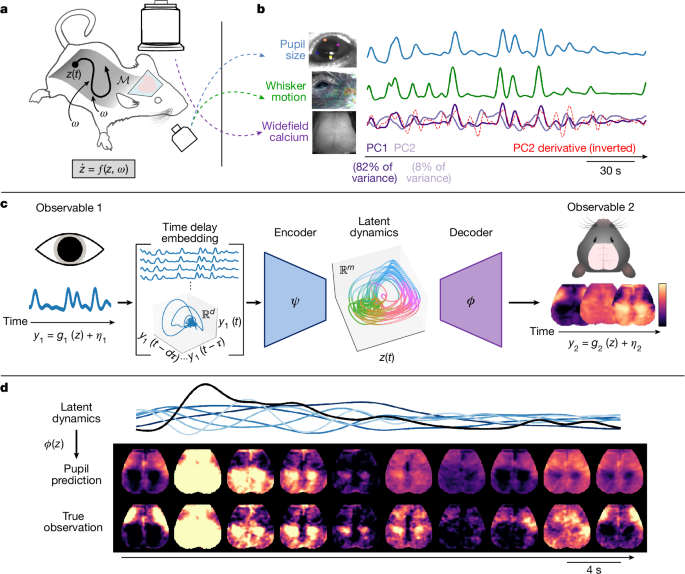[Submitted on 4 Sep 2025]
Abstract:Large language models have demonstrated remarkable capabilities in biomedical natural language processing, yet their rapid growth in size and computational requirements present a major barrier to adoption in healthcare settings where data privacy precludes cloud deployment and resources are limited. In this study, we systematically evaluated the impact of quantization on 12 state-of-the-art large language models, including both general-purpose and biomedical-specific models, across eight benchmark datasets covering four key tasks: named entity recognition, relation extraction, multi-label classification, and question answering. We show that quantization substantially reduces GPU memory requirements-by up to 75%-while preserving model performance across diverse tasks, enabling the deployment of 70B-parameter models on 40GB consumer-grade GPUs. In addition, domain-specific knowledge and responsiveness to advanced prompting methods are largely maintained. These findings provide significant practical and guiding value, highlighting quantization as a practical and effective strategy for enabling the secure, local deployment of large yet high-capacity language models in biomedical contexts, bridging the gap between technical advances in AI and real-world clinical translation.Submission history
From: Zaifu Zhan [view email]
[v1]
Thu, 4 Sep 2025 04:18:45 UTC (3,241 KB)
.png)



